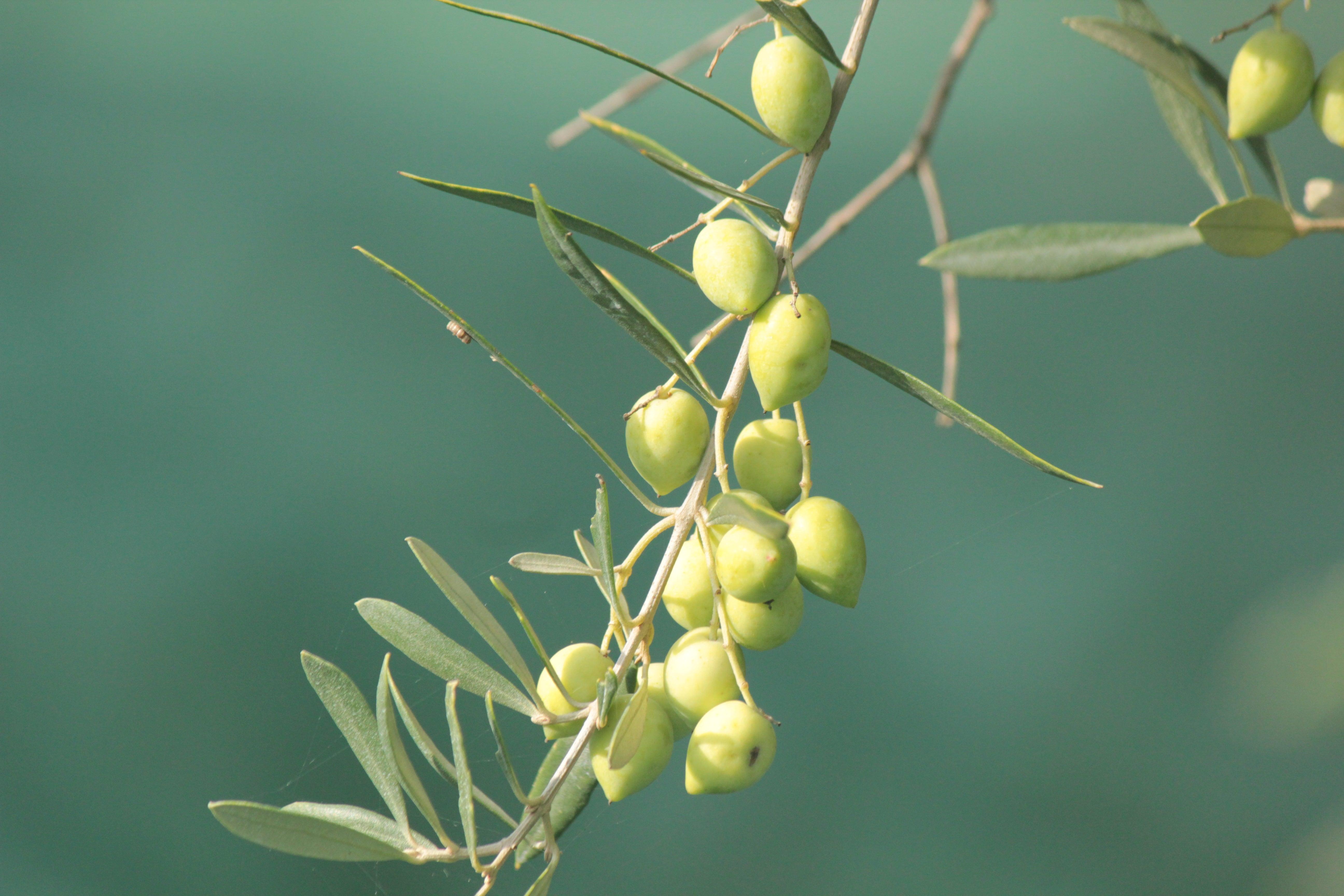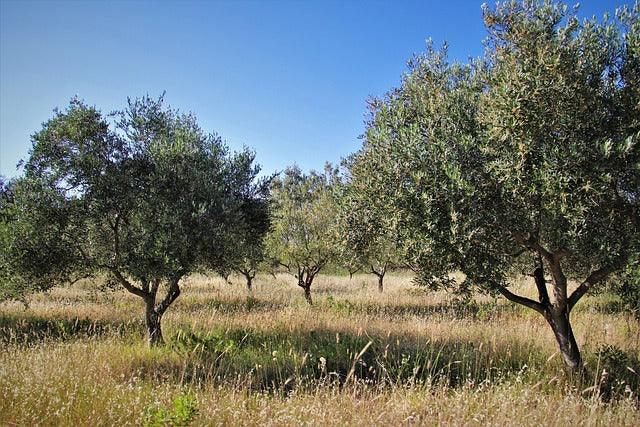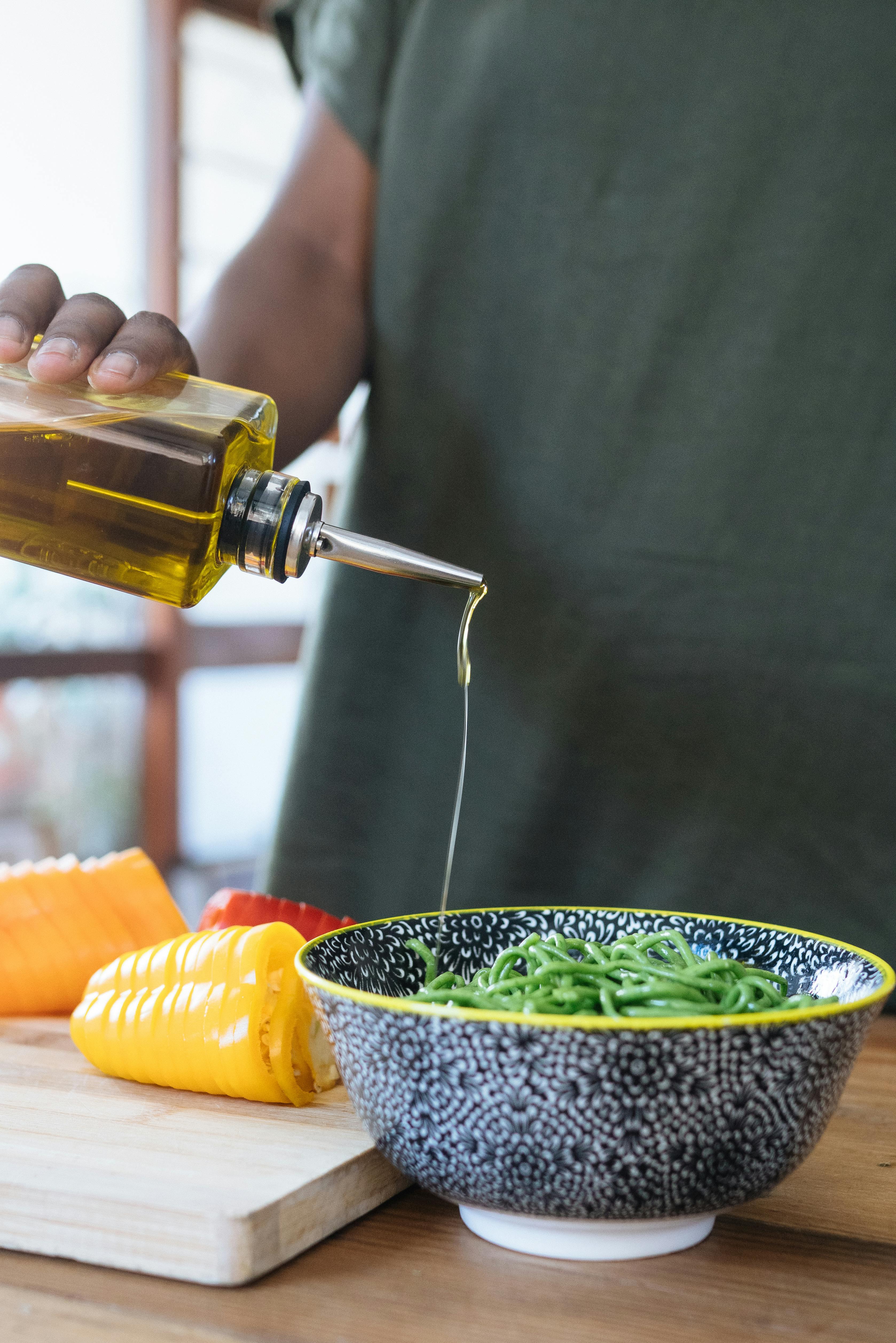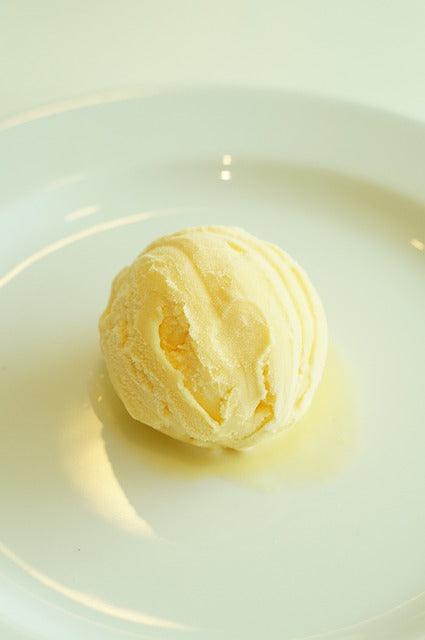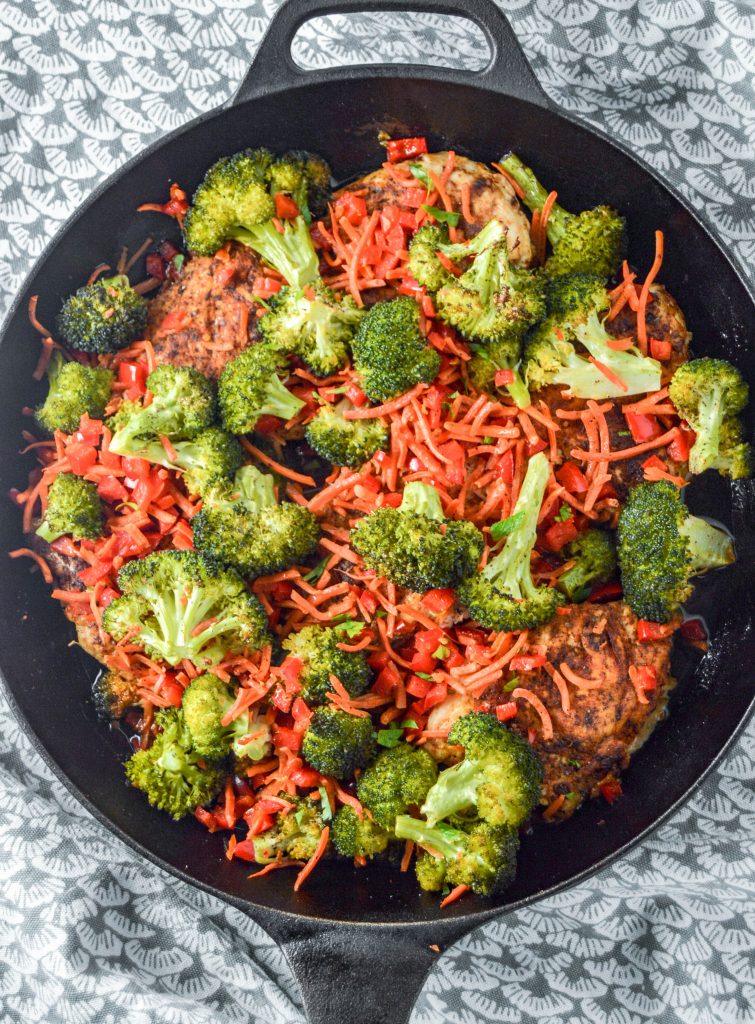Are you a fan of cooking with olive oil? Whether you're a seasoned chef or just starting out in the kitchen, here are the top 10 things you should know about this versatile ingredient.
1. Types of Olive Oil
There are different types of olive oil, including extra virgin, virgin, and pure olive oil. Each type has its own unique flavor profile and uses in cooking.
2. Health Benefits
Olive oil is known for its health benefits, such as being high in monounsaturated fats and antioxidants. It can help reduce inflammation and lower the risk of heart disease.
3. Cooking with Olive Oil
Olive oil has a low smoke point, so it's best used for low to medium heat cooking. It's perfect for sautéing vegetables, making salad dressings, and drizzling over dishes.
4. Storage Tips
To keep your olive oil fresh, store it in a cool, dark place away from heat and light. Make sure to seal the bottle tightly after each use to prevent oxidation.
5. Olive Oil Grades
Extra virgin olive oil is the highest quality and is made from cold-pressed olives. Virgin olive oil is slightly lower in quality, while pure olive oil is a blend of refined and virgin oils.
6. Flavor Profiles
Olive oil can have different flavor profiles, ranging from mild and buttery to peppery and robust. Experiment with different types to find the one that suits your taste preferences.
7. Uses Beyond Cooking
Aside from cooking, olive oil has many other uses. It can be used as a natural moisturizer for skin and hair, as well as a polish for wooden furniture.
8. Olive Oil Production
Olive oil is produced by pressing olives to extract the oil. The process involves crushing the olives and separating the oil from the pulp. It's a labor-intensive process that requires careful attention to detail.
9. Regional Varieties
Olive oil is produced in various regions around the world, each with its own unique flavor profile. Some popular varieties include Italian, Spanish, and Greek olive oils.
10. Quality Matters
When buying olive oil, look for reputable brands that adhere to strict quality standards. Check for certifications like the PDO (Protected Designation of Origin) or PGI (Protected Geographical Indication) to ensure you're getting a high-quality product.
To learn more about the rich history and benefits of olive oil, check out these additional resources:
- Health Benefits of Olive Oil
- The Mediterranean Diet Guide
External Links:
- Harvard T.H. Chan School of Public Health: The Nutrition Source
- Healthline: 11 Proven Benefits of Olive Oil
These links provide valuable information and insights that can enhance your understanding and appreciation of olive oil's historical and contemporary significance.
